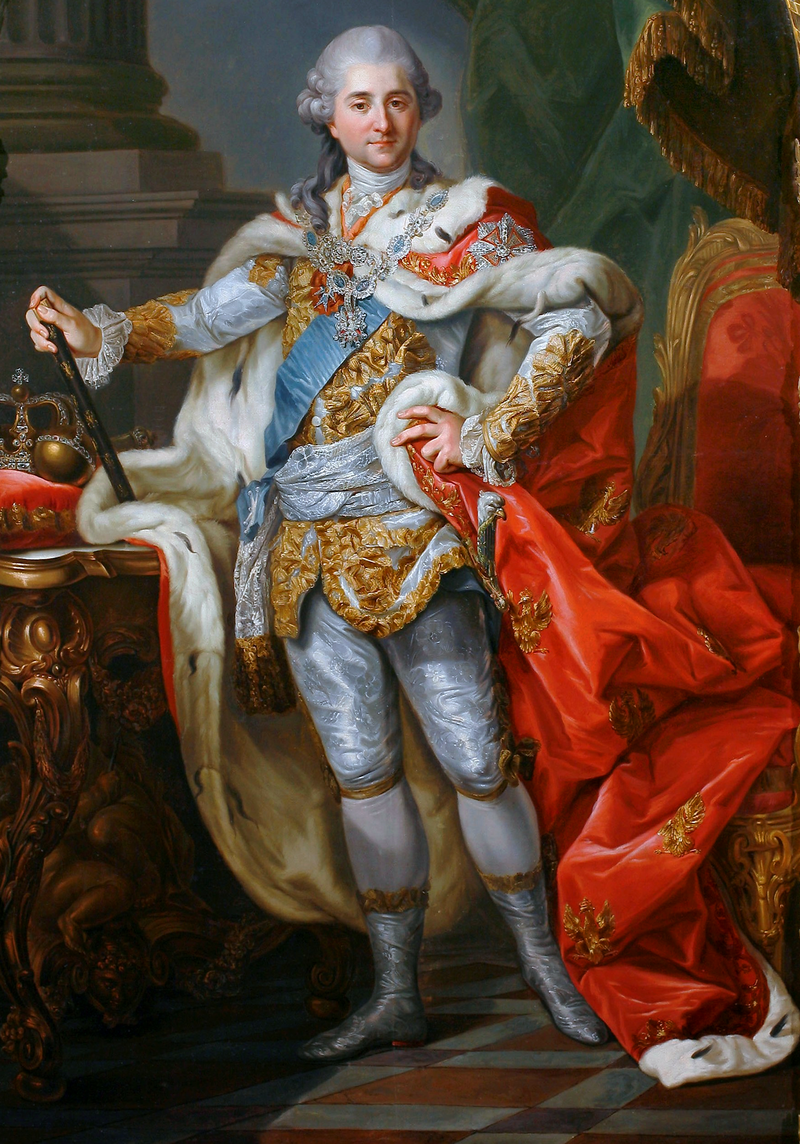The reign of the last king of Poland, Stanisław August Poniatowski, was, on the one hand, a period of undertaking political reforms with the Constitution of 3 May 1791, as well as marked by patronage of the arts. On the other hand, he was considered submissive to Catherine II, the tsarina of Russia, thanks to whose support he was elected ruler of Poland.
Stanisław August Poniatowski was born on 17 January 1732 in Wołczyn (today’s Belarus). He was the son of Stanisław, castellan of Kraków, and Konstancja. Through his mother’s family, he was closely related to the Czartoryski family, one of the most influential in Poland at the time. He received his education initially at home, and later at the Theatine College in Warsaw.
Between 1755 and 1758 he stayed in St Petersburg, the capital of Russia, initially as secretary to an English deputy. Here he began an affair with the wife of the heir to the throne, Catherine, who had a huge impact on his life. In 1762, as a result of a coup, Catherine became ruler of Russia. In 1764, a free election took place in Poland, during which, thanks to the support of the tsarina, Russian troops were sent to Poland and Stanislaw August Poniatowski was elected king of the Polish-Lithuanian Commonwealth.
The newly elected ruler attempted to introduce political reforms in the country, which were, however, blocked by the Polish magnates, as well as neighbouring states headed by Russia.
In 1765, he founded the Knights’ School to train officer cadres for the Polish army.
In 1772, the neighbouring powers of Russia, Prussia and Austria occupied part of the lands of the Commonwealth, carrying out the First Partition. In 1773, the Commission of National Education was established in Poland, an institution that was to comprehensively reform the education and upbringing of generations of Poles. Between 1788 and 1792, the Great Sejm was in session, and its greatest achievement was the adoption of the 3rd of May Constitution. Unfortunately, this attempt at reform ended with the establishment of the Targowica Confederation and a war with Russia, which ended with the Polish King’s accession to the said confederation and the Second Partition of Poland between Russia and Prussia in 1793. The king signed an act of abdication and remained in the lands occupied by Russia. He died on 12 February 1798 in St Petersburg, where he had resided since 1796.





